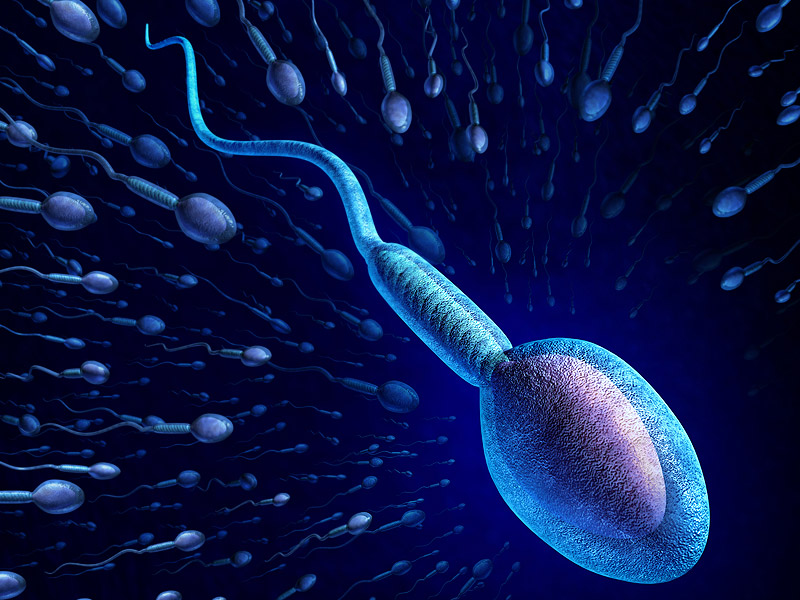Some of us may have been introduced to the science of sex and reproduction in a biology class many years ago. The facts may be a little hazy because a lot of time has passed so this may serve to remind us of a few facts, especially regarding sperm.
It is fairly common knowledge that during sexual intercourse, Sperm gets ejected from the penis, enters the vagina, and swims up the reproductive tract until they reach the egg to fertilize it. However, as with many other processes in the body, there are many other factors involved and things are not always quite so straightforward.
The aim of this post is to dispel some unscientific, long-standing sperm myths. Here are some of the most common ones.
Myth: Thicker sperm is more fertile sperm
Truth: First, it is important to note that the male ejaculate contains more than just sperm. It also contains fluids from the seminal vesicles and other neighbouring glands. Therefore, thicker semen doesn’t necessarily mean thicker sperm. Sometimes it means there’s a high concentration of sperm or a high number of irregularly shaped sperm. And unfortunately, irregularly shaped sperm are less likely to fertilize the female egg.
Myth: Sperm only live for a short time after release
Truth: This is not always true and this is one myth that has caused problems for many people trying to avoid pregnancy while having unprotected sex. The lifespan depends on where sperm land after ejaculation.
Sperm that make it into the vagina after ejaculation can live up to five days. This is due to the protective effects of cervical mucus and cervical crypts.
But if sperm have a chance to dry out, they basically die.
This means that if a woman has unprotected sex when she is not ovulating, there’s still a chance that she might get pregnant if ovulation occurs within a few days and the naughty little sperm cells are still alive inside her body.
Myth: Sperm stay fertile and healthy for a man’s entire life
Truth: While it is fairly common knowledge that women have a limited number of eggs, as evidenced by all the tactless jokes about menopause, what many people are not aware of is that quality of sperm also declines with age.
It is true that production of sperm continues indefinitely, however the quality and motility of sperm declines with age. According to a recent study, older men are also more likely to pass genetic mutations onto their children, about four times faster than a woman would.
Another 2017 study of 1.4 million people in Sweden found a consistent linear relationship between a man’s age and the likelihood that his children would be born with a genetic mutation that neither parent has.
Myth: Pre-cum can’t get you pregnant
Truth: This is another widely held myth that has led to some unplanned pregnancies.
Biologically speaking, pre-cum shouldn’t contain sperm — but sperm left over in the urethra, the tube through which both urine and semen are ejected, can get mixed in.
While it may not be a significant amount of sperm, there’s still a small chance that pregnancy may occur. This is why the pull-out method is not advised.
Myth: Pineapple makes semen taste amazing
Truth: I’d really like to know where this one originated from. However, it has no scientific basis. It is true that semen scent and taste, like that of many of your bodily fluids, are influenced by overall genetics, diet, and lifestyle. Just like everyone’s breath smells different, everyone’s cum has its own unique aroma.
The second thing is that, while no foods or liquids may noticeably alter semen scent, following a diet rich in nutrients like vitamin C and B-12 can have positive effects on sperm count, morphology, and motility. Also it’s worth mentioning that drinking large amounts of alcohol will have the opposite effect
It is important to always keep the science in mind and not the myths. While some of these myths may be harmful, some of them can lead to unwanted outcomes such as unplanned pregnancy and also cause some confusion in cases of couples with fertility problems.






